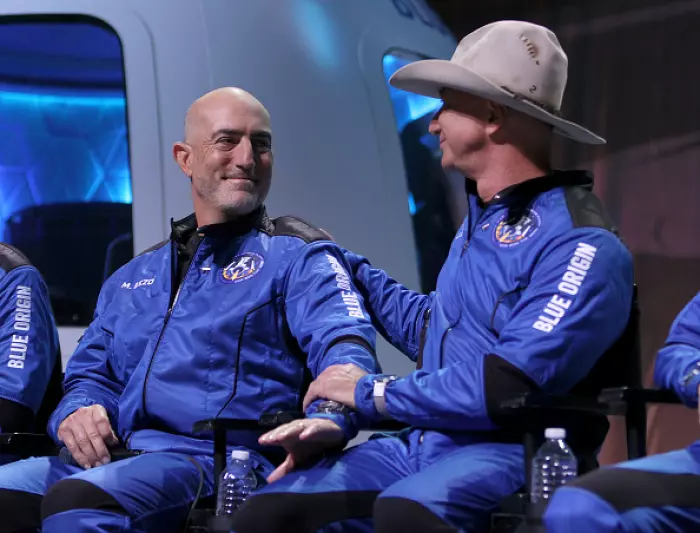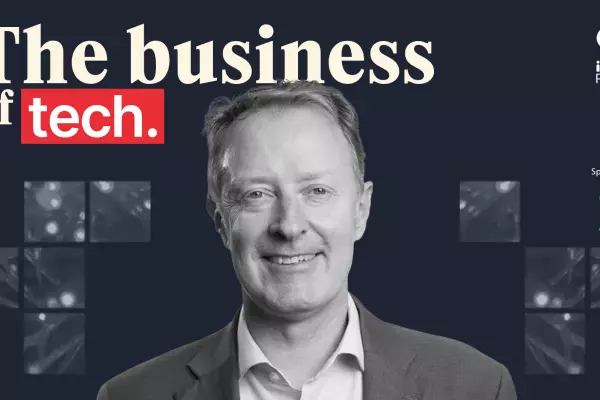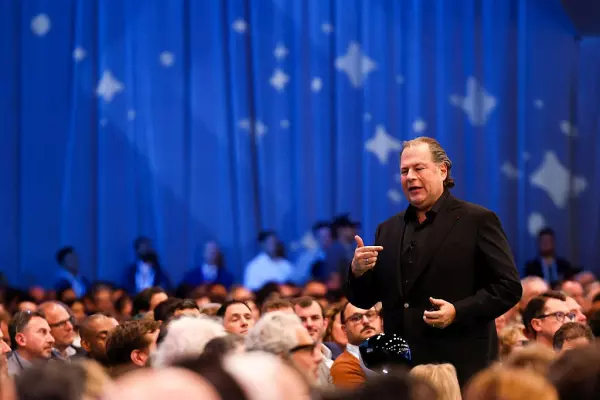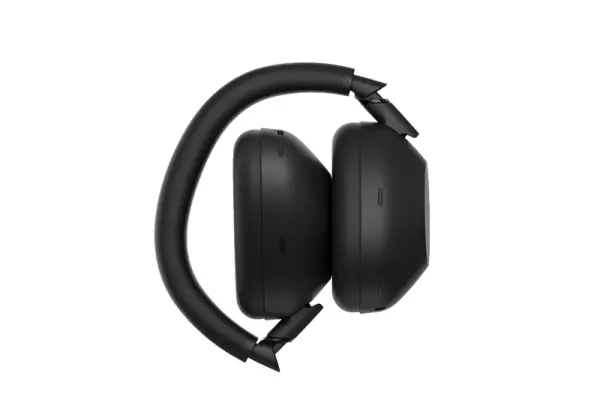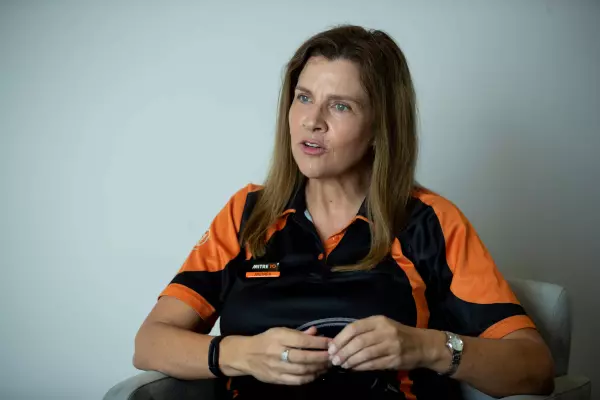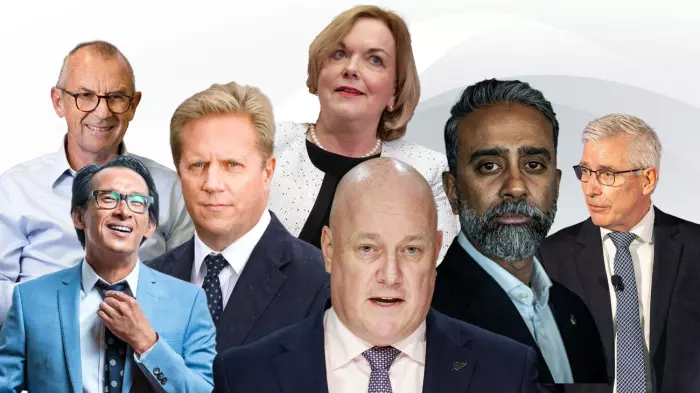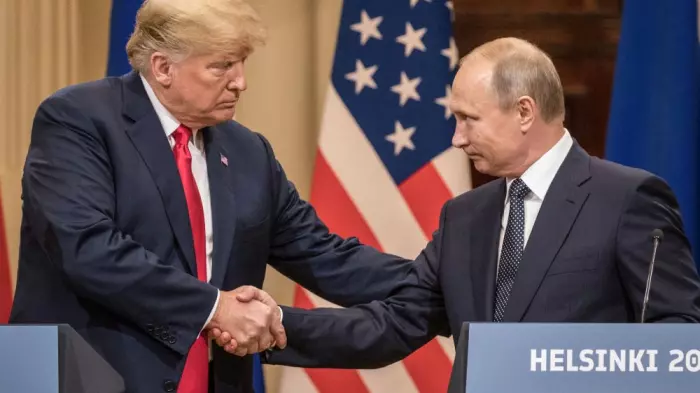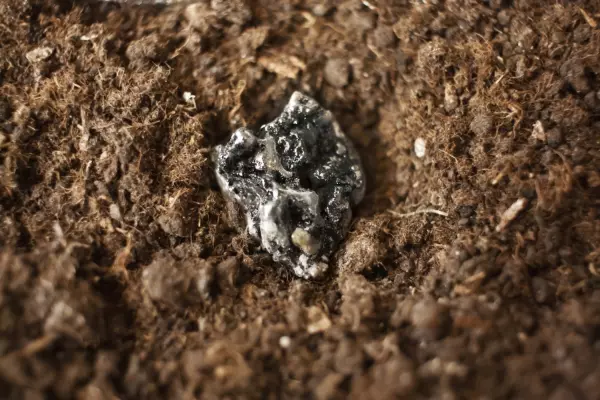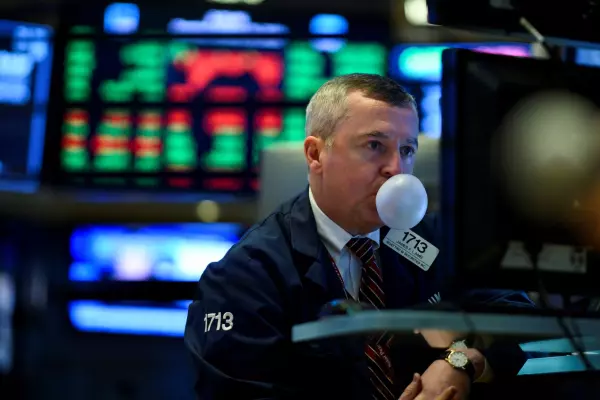There was only one word to describe it: awkward.
Jeff Bezos was back on Earth and talking to the media yesterday following his 11-minute trip into suborbital space.
“You can’t imagine how thin the atmosphere is when you see it from space,” Bezos told CNN host Anderson Cooper, who was waiting for him at a dusty landing strip in Van Horn, Texas.
“We live in it, and it looks so big. It feels like, you know, this atmosphere is huge and we can disregard it and treat it poorly. When you get up there and you see it, you see how tiny it is and how fragile it is.”
Bezos said all of this while standing in his blue jumpsuit beside his younger brother and fellow astronaut Mark Bezos, who Jeff resembles almost identically, apart from the fact that Mark is a foot taller, which I’m sure rankles Jeff.
Then came the philosophical takeaway from those precious minutes floating above our fragile planet.
“What we need to do is build a road to space so that future generations can take all heavy industry and polluting industry on Earth and move it up into space so that we can keep this gem of a planet as it is instead of ruining it, which unfortunately we might do,” he rambled to Cooper in front of an audience of millions.
Mining asteroids
Really?
No reflection on the impact Bezos himself has had on the planet through his vast global e-commerce empire.
No call for unity to solve the problems on Earth to make sure it's habitable during the decades it is going to take to export our polluting industries.
No, the goal Bezos has, and which he stepped down from the day-to-day running of Amazon to pursue through his space company Blue Origin, is to make space travel as common as getting on a jetliner.
It starts with sending well-heeled tourists into space, then letting them check into space hotels in orbit around the Earth.
Once the technology is proven, it will expand to sending spacecraft to asteroids to mine them for precious metals.
Ultimately it could involve building massive solar arrays in space to capture the sun’s energy in vast quantities and send it to Earth as a planetary clean energy project. I’m sure there’ll be an Amazon Prime subscription for it one day.
Not completely mad
But it’s not as crazy as it sounds.
“The solar system can support a billion times greater industry than we have on Earth,” Phil Metzger, a planetary physicist at the University of Central Florida and 30-year veteran of NASA told Discover magazine recently.
“When you go to vastly larger scales of civilisation, beyond the scale that a planet can support, then the types of things that civilisation can do are incomprehensible to us,” said Metzger, who has founded the start-up Swamp Works, which develops technology for space mining and interplanetary living.
It’s certainly worth pursuing, but wouldn’t it make more sense for someone with the vast resources of Jeff Bezos to invest in fixing the immense problems on Earth first?
The road to space vision highlights the disconnect between Bezos, the richest man in the world (US$205 billion net worth) and that other tech mogul who used to hold that title, Bill Gates (US$129b).
Gates has invested billions in solving real-world problems since leaving Microsoft, through the Bill and Melinda Gates Foundation.
His separation from Melinda, and subsequent revelations of past affairs he had, have been an embarrassing distraction this year from the work of the foundation.
Space cadets
It also largely sucked the oxygen out of his book, How to Avoid a Climate Disaster, which was published in February and outlines the acceleration in innovation and policy changes that need to happen to save the planet from the worst of man-made climate change.
For a geeky engineer who admits he has no idea about how to solve the politics of climate change, it's a cogent argument for how we get to carbon zero.
Gates doesn’t have space in his sights but is no less ambitious than Bezos in his goals.
The difference is that after doing his own research and belatedly coming to the conclusion that global warming is a real problem, he has invested the bulk of his time and money in trying to do something about it now, before it is too late.
Yes, Bezos recently launched the US$10b Bezos Earth Fund, which will funnel cash to a range of climate and sustainability causes.
But when you are the richest man in the world, that’s like top-bidding on a bottle of rare wine at a charity auction.
The reality is that Earth isn’t enough for Bezos. He’s already conquered it.
Imagine what he and Gates, along with the other super-rich and uber-connected, billionaire space cadets Richard Branson and Elon Musk among them, could achieve if they shared the same agenda of sorting out Earth’s problems before looking skyward.
Wouldn’t that be ambitious enough?


